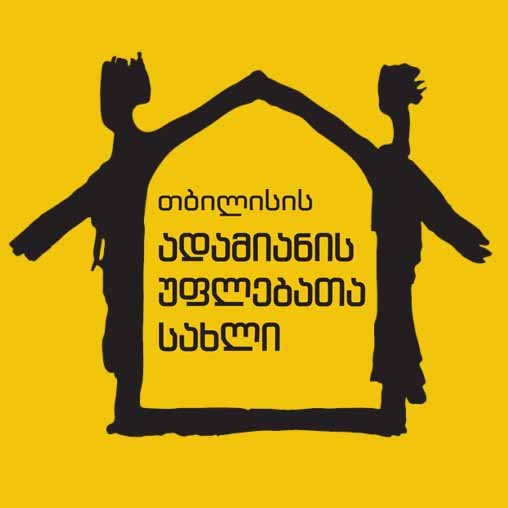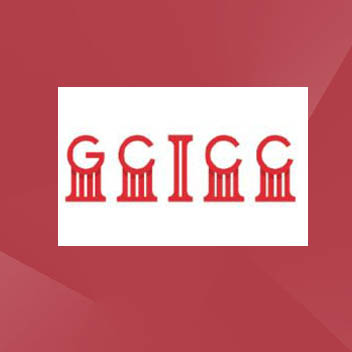News
Statement by Human Rights Center regarding the Detention of Ex-President Saakashvili and the Criminal Prosecution against him
13.10.2021
Font size
HRC is responding to the arrest of the third President of Georgia, Mikheil Saakashvili, which the Ex-President refers to as politically motivated holding a hunger strike in protest. According to the defense counsels and personal physician of Saakashvili, the physical condition of the ex-president is getting worse day by day.
Since the conviction of Mikheil Saakashvili and the current criminal cases against him are within the focus of local and international communities, the correct assessment of the events is of fundamental importance to properly understand the ongoing processes in Georgia being of particular significance given the difficult political situation in the country. Therefore, HRC considers it important that cases proceeding against the Ex-President be assessed, along with the national law and international standards, by the criteria for the definition of "political prisoner" as defined by Resolution N 1900 of the Parliamentary Assembly of the Council of Europe from October 3, 2012.
The documents prepared by HRC repeatedly assessed the issues of criminal prosecution against the Ex-President according to international legal standards allowing the local and international communities to perceive them as an act of political revenge against Saakashvili on the part of the authorities.
Recent events have also highlighted the allegedly discriminatory treatment used against Mikheil Saakashvili, including the restrictions on his access to the means of communication with the external world, in particular, the lack of a TV set in his cell; the TV set was eventually provided to him after several days of requests. The defense counsels also reported about the lack of a mattress in the cell the fact later denied by the prison administration.
According to HRC, the facts of isolation and deterioration of certain living conditions for Saakashvili or the failure to create appropriate conditions in a timely manner may be related to his political status. One of the criteria for the definition of a "political prisoner” by the Council of Europe addresses this issue: For political motives, he or she is detained in a discriminatory manner as compared to other persons. Further, amount of charges brought against him and the willingness of the authorities to keep him in custody, including (1) the protracted court hearings of the criminal cases lasting for years, (2) the statements of the authorities and the Prime Minister about the possibility to add some more charges and sentences against Saakashvili, when assessed within reasonable judgment indicate the political retaliation against Mikheil Saakashvili and the abuse of the justice system for this purpose. This is evidenced by the numerous cases of political justice against the representatives of the previous government and opposition parties, especially in the last two years.
Since February 2020, HRC has been monitoring criminal proceedings of the cases with alleged political motives including those ongoing against former President Mikheil Saakashvili.
There are several criminal cases against Ex-President Mikheil Saakashvili, in two of them he has been convicted and in the other two, he is an accused person. Following the monitoring of the court hearings, we have identified several significant problems:
• The criminal proceedings against Mikheil Saakashvili have been delayed and the rights of the accused to a fair trial and trial within a reasonable time have been violated in contradiction to the principles of the rule of law and the obligations of Georgia under the Constitution and international treaties.
• In the criminal proceedings ongoing for almost 7 years against former President, Mikheil Saakashvili, the procrastination of the court hearings remains a problem affecting the reputation of the court system, the efficiency of the justice, and the trust of the public in the judiciary in general. The right to a hearing within a reasonable time releases the persons awaiting trial from prolonged uncertainty. Moreover, the right helps to minimize the measures restraining the freedom of the accused used for the purposes of court hearings.
• The delays in the hearings on the merits of the criminal cases ongoing against Mikheil Saakashvili contribute to procrastination of the proceedings and potentially negatively affect the right to rapid justice.
• In order to shape public opinion about the fact that Saakashvili is guilty, the authorities make various statements before the court judgment is rendered, thus violating the presumption of innocence.
Human Rights Center
News
17.04.2024




